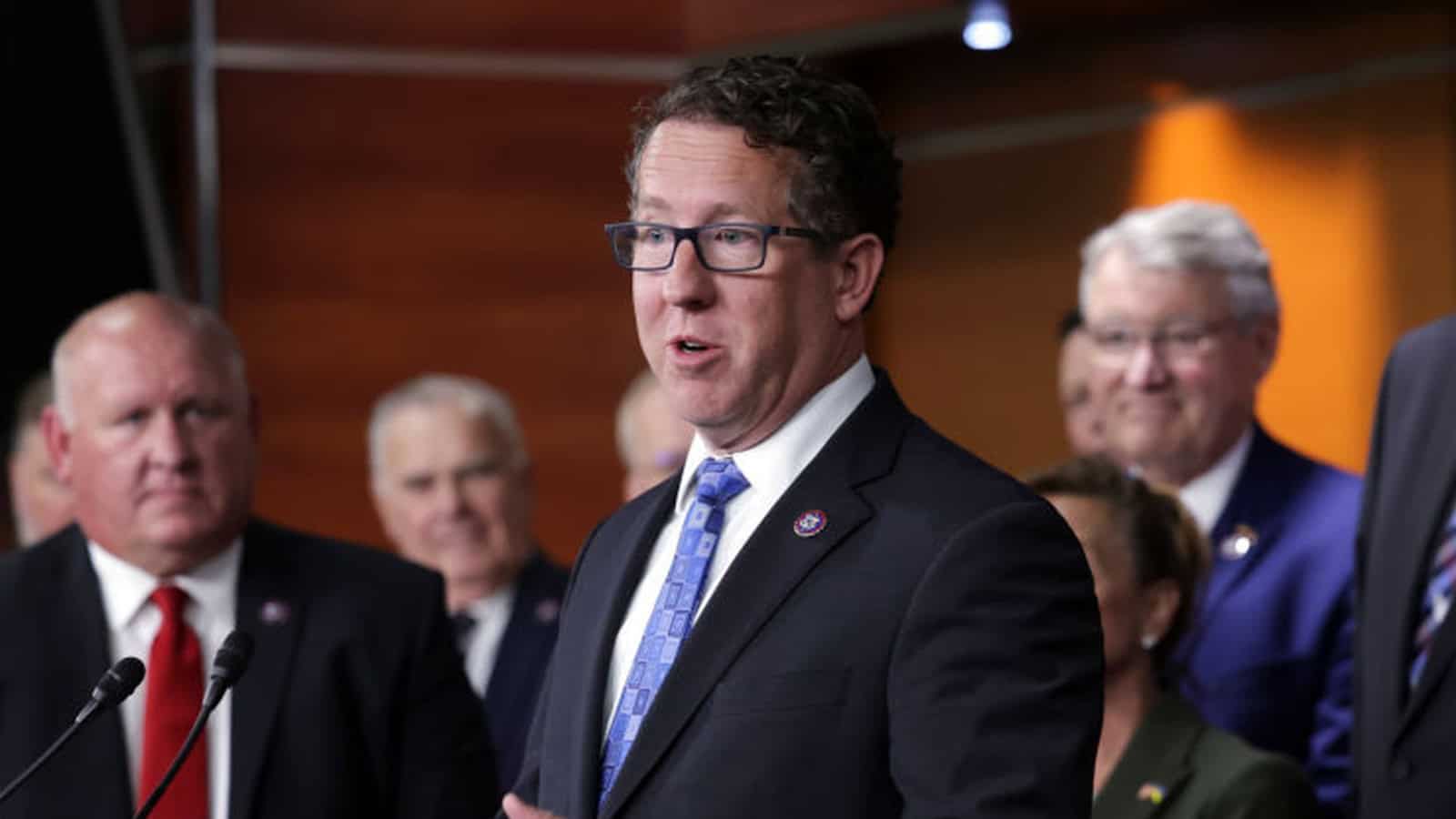Q&A: Rep. Smith on Averting “Tax Armageddon”

The NAM recently interviewed Rep. Adrian Smith (R-NE) about the actions that he and congressional colleagues are taking to fight a looming “Tax Armageddon.” The full text is below.
NAM: Rep. Smith, Congress is facing a “Tax Armageddon” next year, as crucial provisions from 2017’s Tax Cuts and Jobs Act are set to expire. As a member of the House Ways and Means Committee, what is your focus moving into next year’s debate?
Smith: The 2017 cuts unleashed economic growth, promoted American business investment and benefitted workers more meaningfully than any policy reforms in a generation. Leading the Ways and Means Rural America Tax Team and as a member of the Main Street Tax Team, I am working hard to gather input from stakeholders, job creators and drivers of our nation’s growth potential. Manufacturing is an overlooked component of rural economies, and Americans know tax policy must encourage investment in their communities.
NAM: As you know, prior to 2022, businesses could deduct 30% of earnings before interest, tax, depreciation and amortization—a deduction standard known as EBITDA. A change in the tax code limits the deduction to only EBIT—excluding depreciation and amortization. This presents an added cost for businesses taking out loans to finance large capital investments in their facilities and equipment and disproportionately impacts the manufacturing sector. What are you doing to correct this policy?
Smith: American manufacturers are already suffering under inflation, a worker shortage and a sustained high-interest environment in the United States. Bipartisan legislation I have introduced, the AIM Act, would amend the U.S. tax code to increase the cap on deductible business interest to pre-2022 levels. By ensuring capital-intensive industries can deduct more of the cost of interest from their taxes, we can enhance opportunities to develop new products in America, create jobs by making those products here and then sell those products around the world.
NAM: Congressman, you were on the Ways and Means Committee during passage of the TCJA in 2017, so you know how impactful the legislation was for manufacturers to be able to compete on a global level. As we get closer to next year, what are you hearing from stakeholders on the need for pro-growth tax policy so American businesses can engage and grow around the world?
Smith: Ensuring our tax code reflects the cost of doing business is essential for American manufacturing to compete in the global market. Prior to 2017, even President Obama realized our tax code was making American businesses less competitive. The fact there have been no major corporate inversions since passage of the TCJA is a remarkable testament to commonsense policy. Businesses we have heard from widely agree on the importance of keeping these policies in place and sustaining our strong growth.
NAM: Thank you, Rep. Smith. What else can NAM members do to stay engaged and be a resource for you going into next year?
Rep. Smith: Contacting my office with your feedback and how you have been impacted by the TCJA is always welcome. Continue to share stories about why growth-centered tax policies are key to your success and how you would change course should they expire. Together, we can maximize productivity and growth through a tax code that is a net benefit to all.
